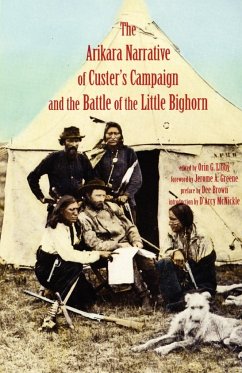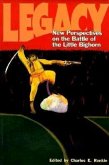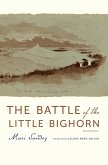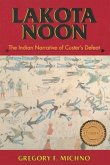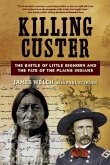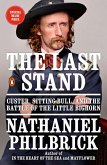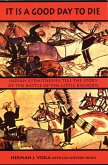General George Armstrong Custer's defeat at the Battle of the Little Bighorn is well known through U.S. military sources and Lakota and Cheyenne narratives, but little has been heard from the Indians who fought beside Custer - the Arikara scouts. Now their eyewitness reports on Custer's campaigns from 1874 through 1876 are told in The Arikara Narrative of Custer's Campaign and the Battle of the Little Bighorn, the result of interviews with nine scouts by Orin G. Libby in 1912. Originally forty strong, the Arikaras scouted in advance of the U.S. Army for Custer and Reno, reporting enemy Indian movements and seeking to capture their horses. Their accounts of the Battle of the Little Bighorn reveal much about why Custer failed - indeed, the Arikaras went into battle believing the Sioux medicine was so strong that defeat was inevitable. Orin G. Libby was director of the North Dakota State Historical Society and an early practitioner of Indian Oral history.

